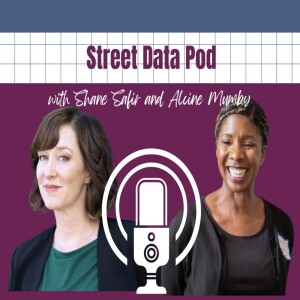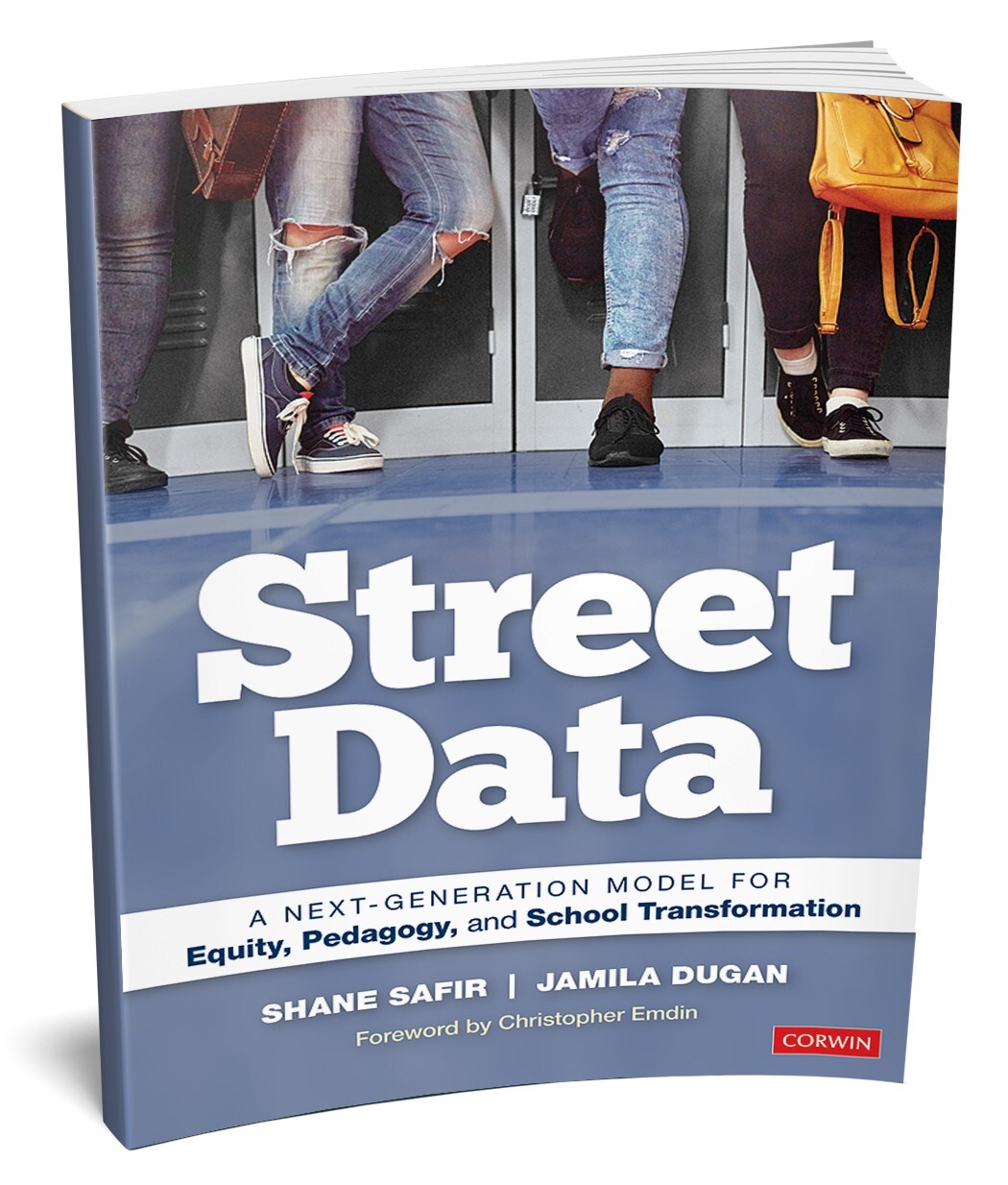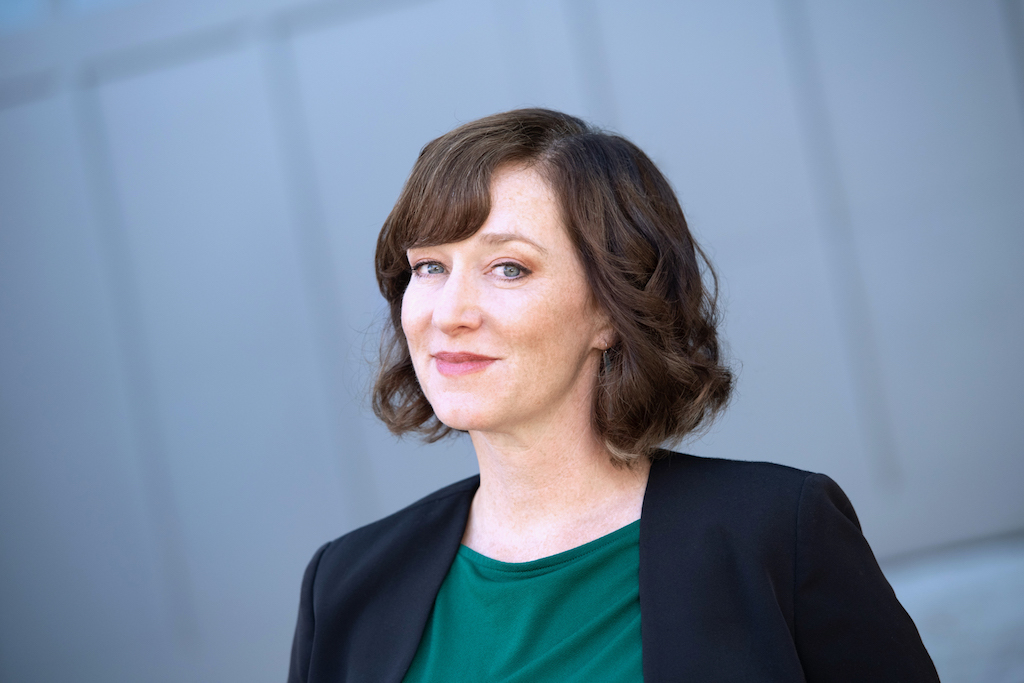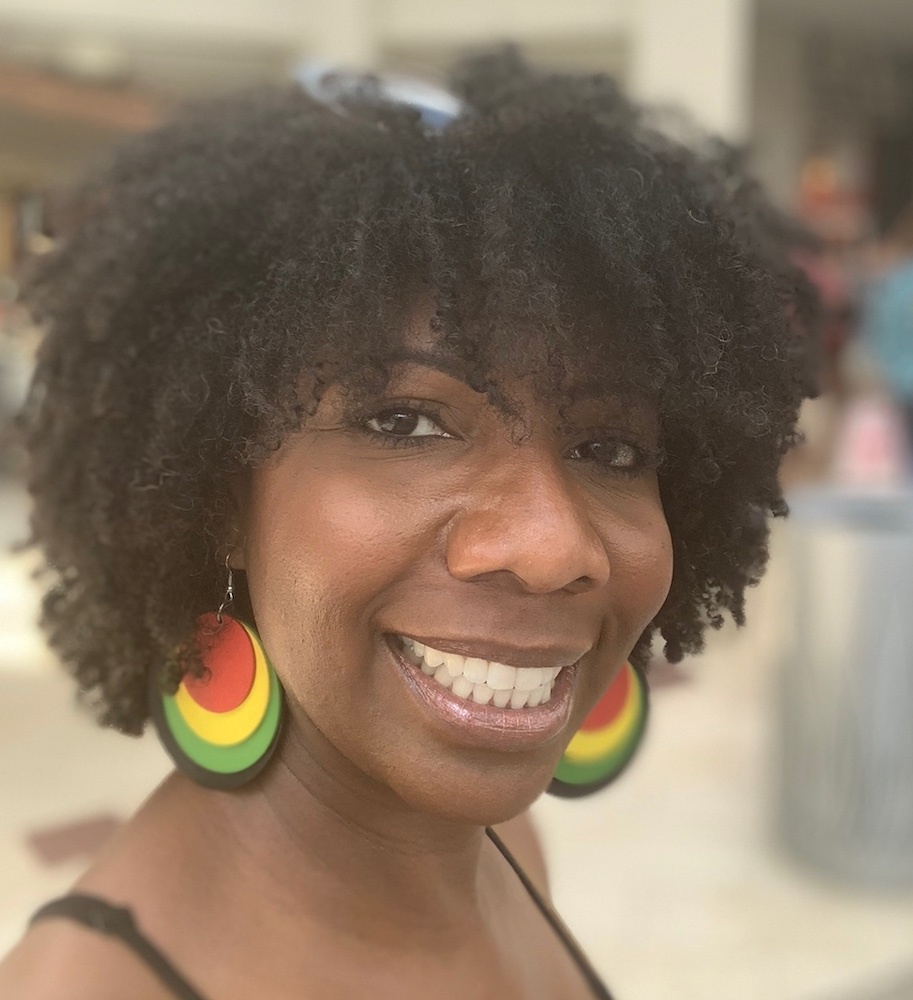Thursday Apr 24, 2025
Come and join Alcine and Shane as they visit with British Columbia educators John Harris and Denise Augustine. We begin in the realm of story as Denise describes being situated “between generations” in her renowned Coast Salish family of carvers, artists, and leaders and John shares his experiences of growing up on the land and watching his father negotiate treaties as the official liaison for their community. Drawing on her legacy as the Superintendent of Indigenous Education for British Columbia, Denise provides powerful historical context for the work of the Truth and Reconciliation Commission in Canada, which created space for residential school survivors to tell their stories and led to 94 distinct “calls to action” in 2015. She pulls this thread into the fabric of educational change, illuminating how BC is leading the way in reconciliation through a Tripartide Education Agreement and the more recent Declaration of the Right of Indigenous Peoples Act (DRIPA), which requires that school districts create Indigenous Education Councils that view First Nations as “governing bodies”, not just “special interest groups.” From this exploration of reconciliation in education, John takes us into his own family’s legacy of the “Sixties Scoop”, in which his father was taken from his grandparent’s home nearly a dozen times, all the way to his family’s recent visit to the Field Museum of Chicago, which holds over 4,000,000 cultural artifacts, many of which were purchased from Indigenous Nations in the Pacific Northwest. John describes the unsettling experience “as if someone went into your house and took everything.” They end their visit discussing the nuances of place-based versus land-based education and the ways that John has woven his upbringing and community cultural wealth into his pedagogy, which is depicted in the integrative case study which concludes Shane’s forthcoming book, Pedagogies of Voice: Street Data and the Path to Student Agency (Corwin, 2025). Speaking to student agency, John reminds us that “When we give youth opportunities to give back to their communities, they really shine.” Join us for this incredible and luminous conversation reinforcing relationality and reciprocity as core values from Indigenous knowledge systems that hold the potential to transform education everywhere.
For Further Learning:
Learn more about John and his family’s artwork and clothing line at www.aylelum.com
Learn more about indigenous ways of knowing and being by reading
Indigenous Storywork: Educating the Heart, Mind, Body, and Spirit by Jo-Ann Archibald
Land as teacher: understanding Indigenous land-based education - UNESCO Canadian Commission June 21, 2021
See land-based education in action by following Land-based Education K-12 Plains & Woodland Cree Tanya McCallum on Facebook
Learn more about the work of the First Nations Education Steering Committee in British Columbia, Canada
Read up on the The United Nations Declaration of the Rights of Indigenous People Act






